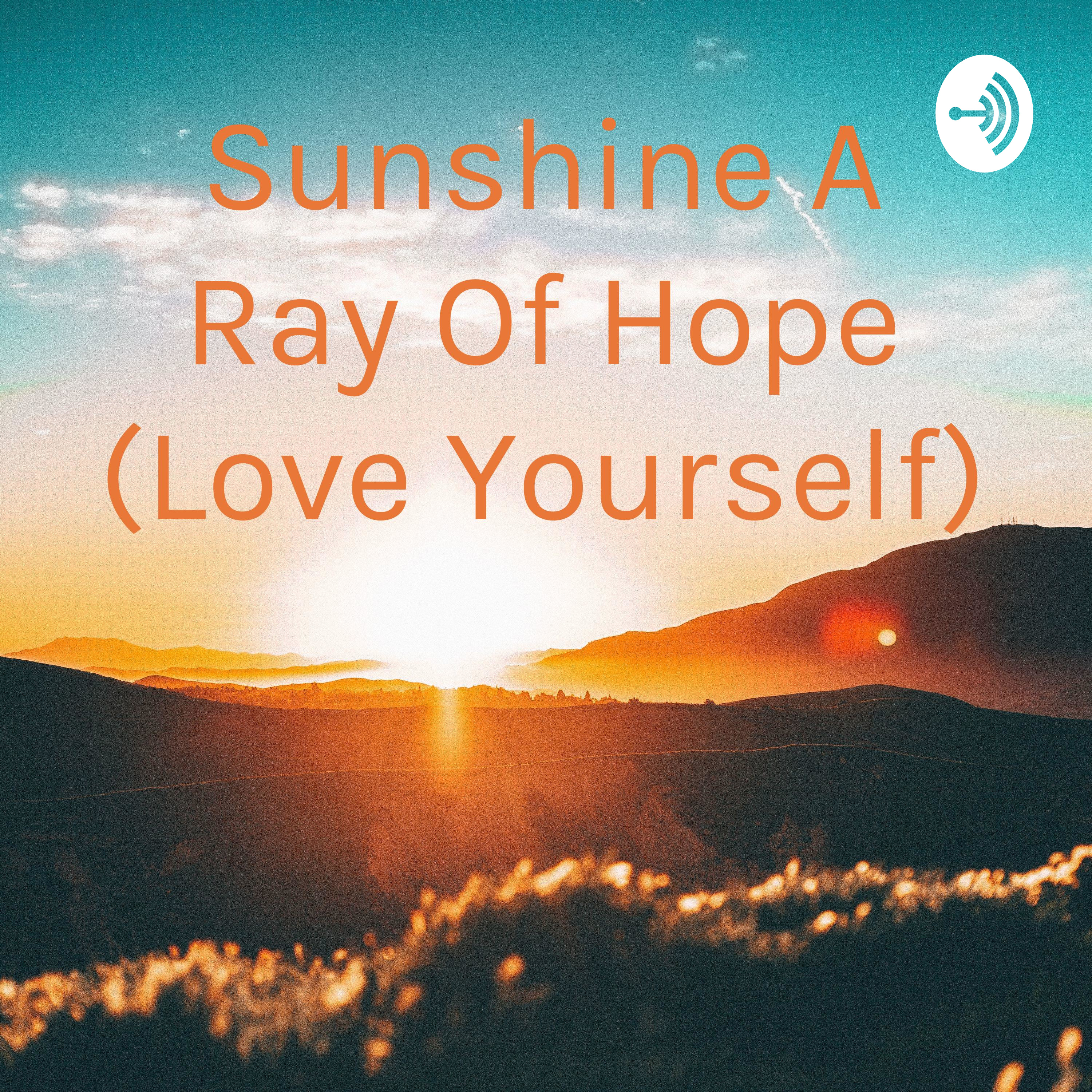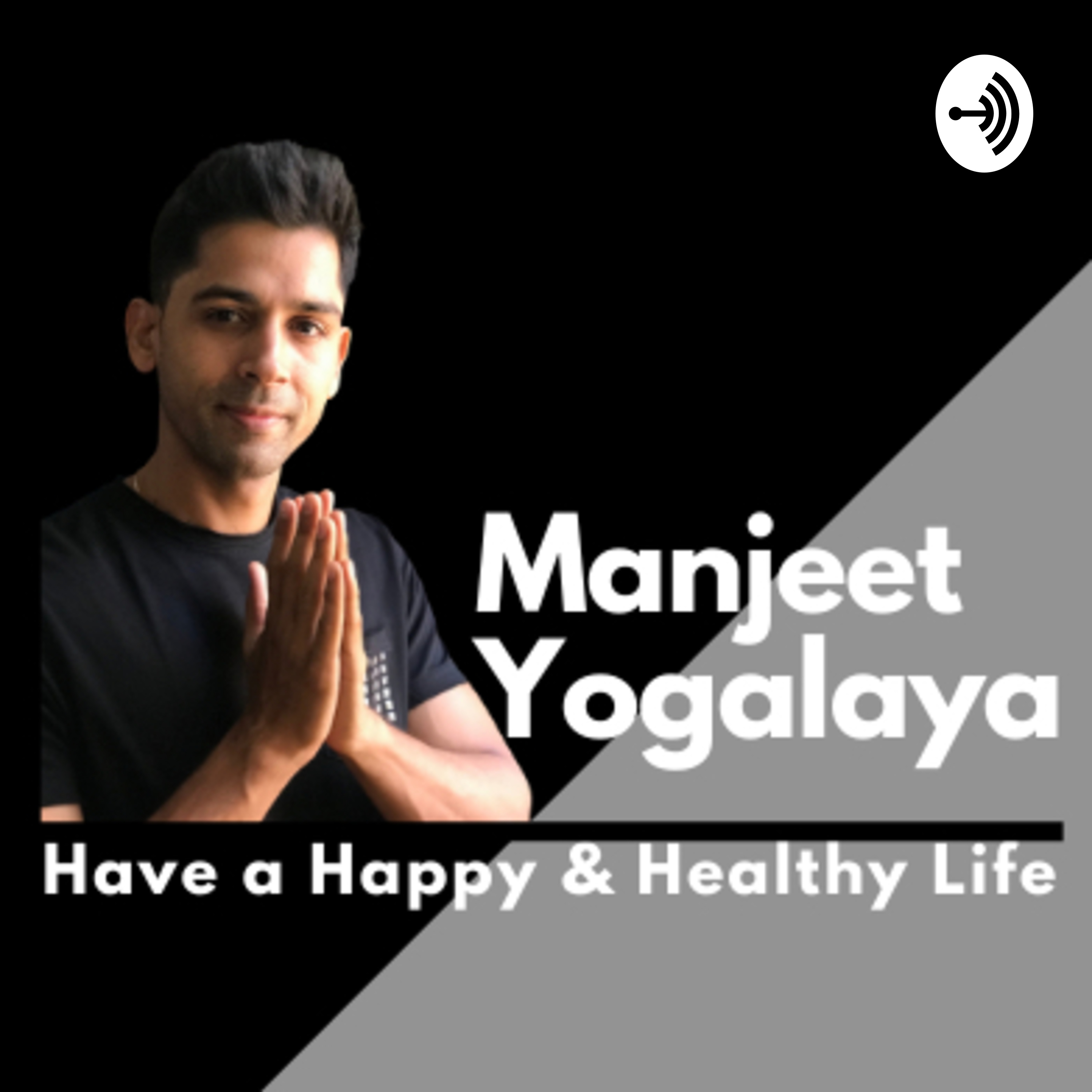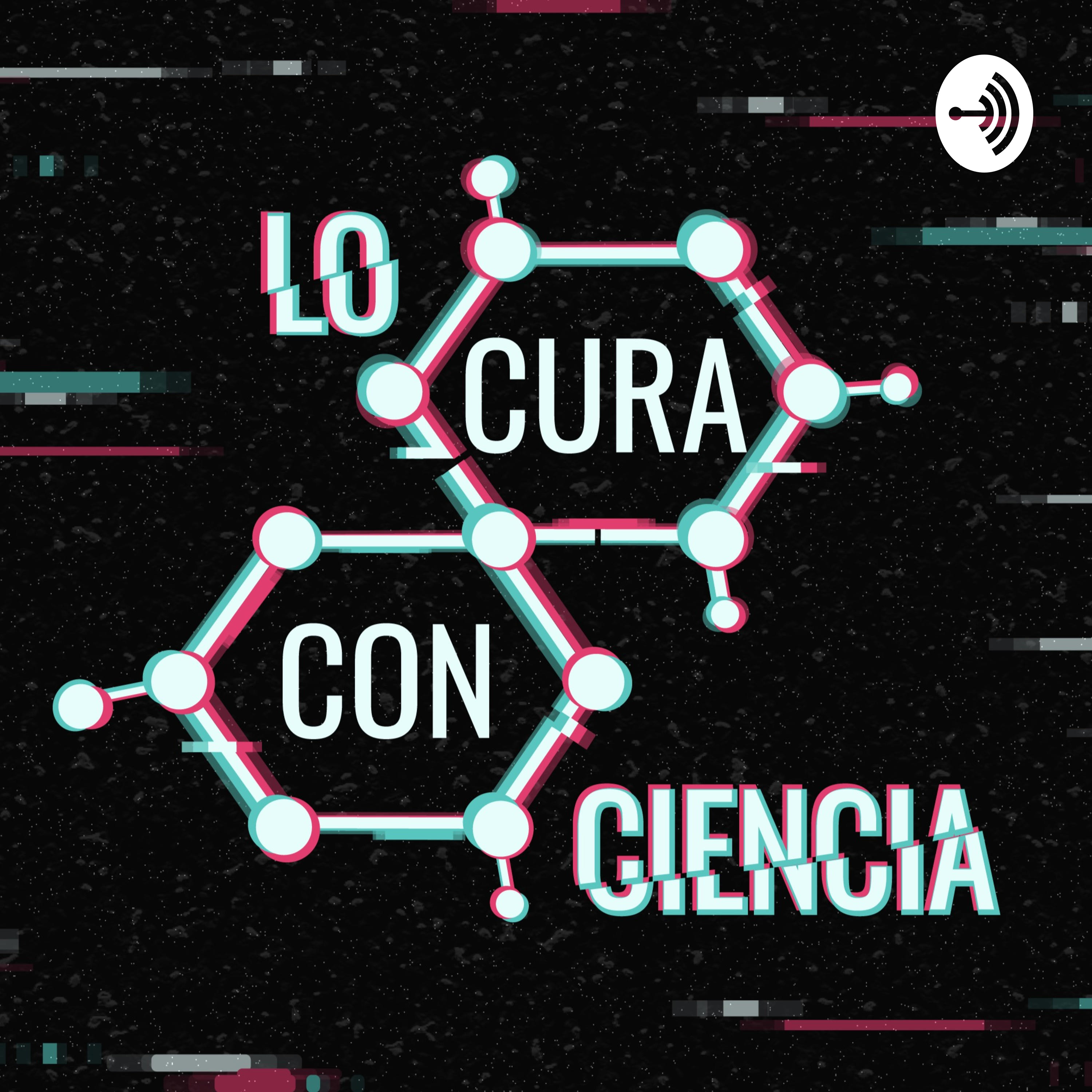 |
Addiction Medicine Made Easy | Fighting back against addictionAuthor: Casey Grover, MD, FACEP, FASAM
Addiction is killing us. Over 100,000 Americans died of drug overdose in the last year, and over 100,000 Americans died from alcohol use in the last year. We need to include addiction medicine as a part of everyone's practice! We take topics in addiction medicine and break them down into digestible nuggets and clinical pearls that you can use at the bedside. We are trying to create an army of health care providers all over the world who want to fight back against addiction - and we hope you will join us.*This podcast was previously the Addiction in Emergency Medicine and Acute Care podcast* Language: en Genres: Health & Fitness, Medicine, Mental Health Contact email: Get it Feed URL: Get it iTunes ID: Get it |
Listen Now...
Saving Lives: How To Recognize And Reverse An Opioid Overdose
Monday, 23 February, 2026
In the case of an overdose, a person stops breathing long before most of us realize what is happening. That is why our mantra is simple and urgent: call 911 and give naloxone. We walk step by step through recognizing an opioid overdose, using nasal naloxone in under a minute, and staying safe while you help. You do not need a medical degree to save a life; you need a clear plan, Naloxone, and the courage to act when someone will not wake up.We break down how opioids shut down the brain’s breathing center and why unresponsiveness plus poor breathing should trigger immediate action. You will learn the key visual cues, when pinpoint pupils help and when mixed drugs blur the picture, and why naloxone is still a smart move even if alcohol or other substances are involved. We also confront stigma head-on, separating withdrawal management from life-saving priorities, and share a powerful ER story where Naloxone rescued a patient from an overdose in minutes.Fentanyl demands new habits. We explain why it often takes multiple naloxone sprays, debunk fears about casual skin contact, and outline a compact PPE kit—mask, eye protection, nitrile gloves—to protect against airborne powder or accidental transfer. We cover re-overdose risks when naloxone wears off, the critical role of EMS observation, and practical tips on storage, expiration, and keeping naloxone in your glove box or bag. Along the way, we highlight Good Samaritan protections that reduce fear of calling for help, so more people step forward when it counts.If you care about harm reduction, community safety, and giving people a second chance, this guide is for you. Hit follow, share this episode with a friend who should carry naloxone, and leave a quick review so more people learn how to act when seconds matter.To contact Dr. Grover: ammadeeasy@fastmail.com












